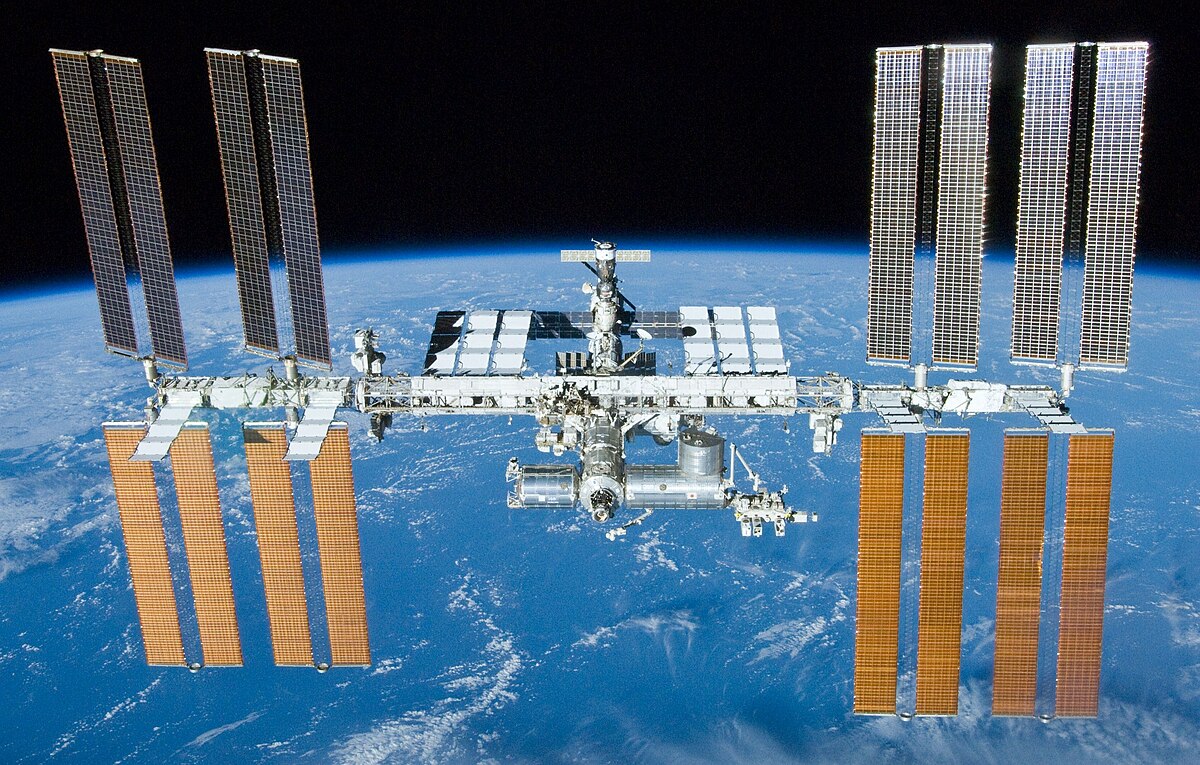Japanese billionaire Yusaku Maezawa, who is set to travel to the International Space Station (ISS) on Soyuz MS-20 spacecraft in December, shared with Sputnik his plans to cook national dishes in space.
When asked if he was going to cook Japanese food on the ISS, Maezawa replied in the affirmative and added that he would like to share the meal with the rest of the crew.
Maezawa, 45, noted that he had always been curious about what space really looked like, and added that the trip to the ISS would give him a chance to find it out.
In 2023, the Japanese businessman is also expected to fly to the moon on Elon Musk’s SpaceX Starship. Maezawa stressed that staying at the ISS will better prepare him for “what to expect from space” during his moon flight.
Maezawa together with his assistant Yozo Hirano are scheduled to leave for the ISS on December 8 on the Soyuz MS-20 spacecraft. The flight is expected to last 12 days, and the crew will be led by Russian cosmonaut Alexander Misurkin.
The tourists are currently undergoing pre-flight training at the Gagarin Cosmonaut Training Center outside Moscow.
The last time Russian state space agency Roscosmos took a tourist to the ISS was in 2009, with Guy Laliberte, a co-founder of Cirque du Soleil, aboard.

Earlier, Russia and the United States said they will sign a barter agreement on the use and maintenance of the International Space Station (ISS), which follows the decree of the Russian government, published on the official portal of legal information.
“[Decree to] accept the proposal of the state space corporation Roscosmos, agreed on by the Russian Foreign Ministry and other interested federal executive authorities, to negotiate the signing of an Agreement between the state space corporation Roscosmos and the National Aeronautics and Space Administration (the United States),” the document signed by Russian Prime Minister Mikhail Mishustin said.
Under the agreement, Roscosmos will maintain and provide engineering support for the Zarya cargo module in exchange for “in-orbit storage services and communication services via a satellite tracking and data relay system” operated by NASA.
Additionally, the crew of the International Space Station last week attempted to use foam soap to locate an air leak in the Russian section. Specialists on the ground, however, advised against the idea, according to a communication of the crew with Earth, broadcast by NASA.
Earlier in the day, the crew said it had resumed searching for the leak in the Russian module Zvezda.
“Yes, we discussed this at one point. However, if there is still a leak, then this is dicey. If foam leftovers stay on the surface of the crack, it would interfere with the maintenance work,” a ground specialist told cosmonaut Pyotr Dubrov.
A small air leak was first detected at the ISS in September 2019. Russian cosmonauts have since identified two cracks in the access section to the Zvezda module — at one point they released leaves from tea bags to find the spot — and sealed them both in March 2021. This, however, did not fully eliminate the air leak, though it did reduce it. The crew continues searching for and sealing leaks.




